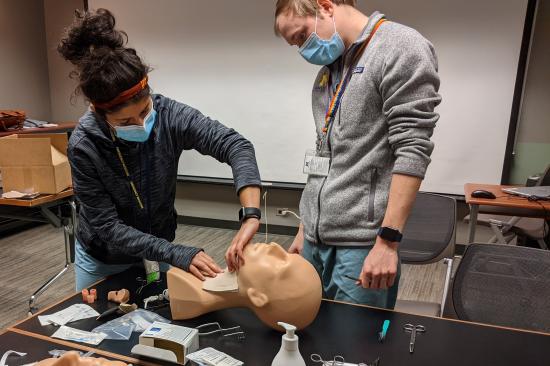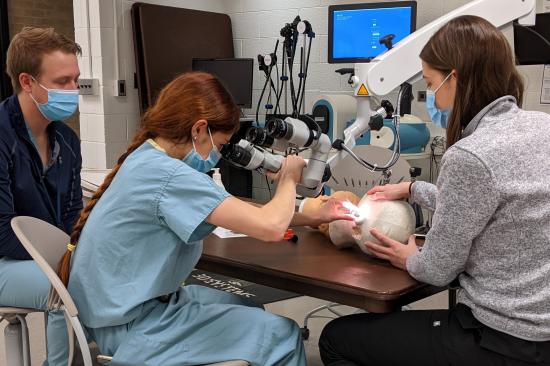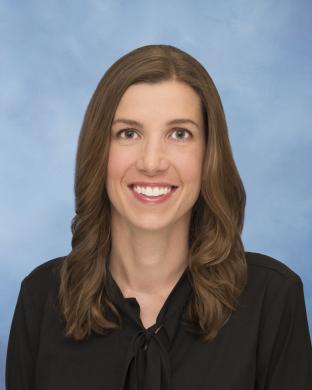Medical student education is a top priority for the Department of Otolaryngology-Head and Neck Surgery. We are committed to promoting diversity, equity and inclusion in our educational programs. We participate in several programs that provide funded opportunities for medical students from underrepresented minorities and those interested in health equity to visit our department for clinical rotations.
More information about these programs are available through the following resources:





